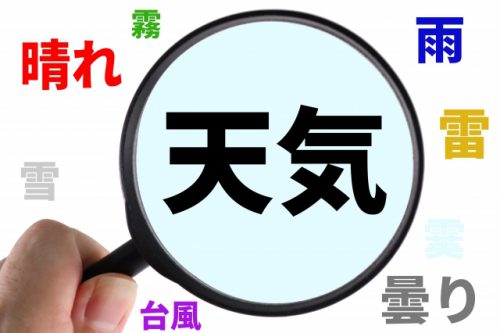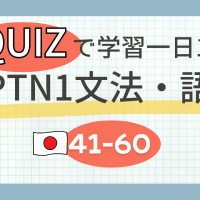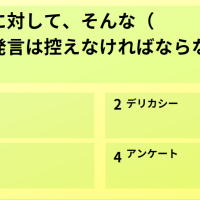- てあげる (te ageru):
- Meaning: This expression is used to indicate doing something for someone as an act of kindness or favor, showing appreciation or a positive feeling towards the recipient.
- Usage: The te-form of the verb is used before “あげる.”
- Example: I make a bento for my daughter every day to show my love and care. (母は毎日娘にお弁当を作ってあげます)
- てもらう (te morau):
- Meaning: This expression conveys the idea of receiving a favor or having someone do something for you, expressing gratitude or a positive feeling towards the helper.
- Usage: The te-form of the verb is used before “もらう.”
- Example: I receive a bento from my mother every day. Thank you! (私は毎日母にお弁当を作ってもらいます)
- てくれる (te kureru):
- Meaning: This expression indicates that someone does something for you voluntarily or at your request, expressing appreciation or a positive feeling towards the doer.
- Usage: The te-form of the verb is used before “くれる.”
- Example: My mother makes a bento for me every day. Thanks, Mom! (母は毎日お弁当を作ってくれます)
English:
- てあげる (te ageru):
- Meaning: This expression is used to describe doing something for someone as an act of kindness or favor, expressing appreciation or a positive feeling towards the recipient.
- Usage: The te-form of the verb is used before “あげる.”
- Example: I help my friend with their homework as a gesture of goodwill. (I help my friend with their homework.)
- てもらう (te morau):
- Meaning: This expression indicates receiving a favor or having someone do something for you, expressing gratitude or a positive feeling towards the helper.
- Usage: The te-form of the verb is used before “もらう.”
- Example: I receive help from my friend with my homework. Thank you! (I receive help from my friend with my homework.)
- てくれる (te kureru):
- Meaning: This expression signifies that someone does something for you voluntarily or at your request, expressing appreciation or a positive feeling towards the doer.
- Usage: The te-form of the verb is used before “くれる.”
- Example: My friend helps me with my homework. Thanks, friend! (My friend helps me with my homework.)
Chinese (Traditional):
- てあげる (te ageru):
- Meaning: 這種語法表示對他人的好意或幫助,表達對受助者的感激或正面情感。
- Usage: 在動詞連用形前使用「あげる」。
- Example: 我每天為我的女兒做便當,表達對她的愛和關懷。 (母親每天給女兒做便當。)
- てもらう (te morau):
- Meaning: 這種語法表示接受別人的幫助或請求別人為你做某事,表達對幫助者的感激或正面情感。
- Usage: 在動詞連用形前使用「もらう」。
- Example: 我每天從母親那裡收到便當,感謝她! (我每天從母親那裡收到便當。)
- てくれる (te kureru):
- Meaning: 這種語法表示別人主動或應你的請求為你做某事,表達對行為者的感激或正面情感。
- Usage: 在動詞連用形前使用「くれる」。
- Example: 母親每天給我做便當,謝謝媽媽! (母親每天給我做便當。)
●しえきうけみ (使役受け身形): causative passive form Japanese Causative Expressions are used for unequal power relations between person A and person B; A controls B’s actions. A は B に 命令する B は したくない、 B は嫌(いや)だと 思う B have to do what B’s boss tells B. B doesn’t want to do it. B doesn’t feel comfortable. shieki table URL is below. https://learnjapaneseonline.tokyo/japanese-causative-causative-passive-expressions/












 Yukiko
Yukiko










この記事へのコメントはありません。